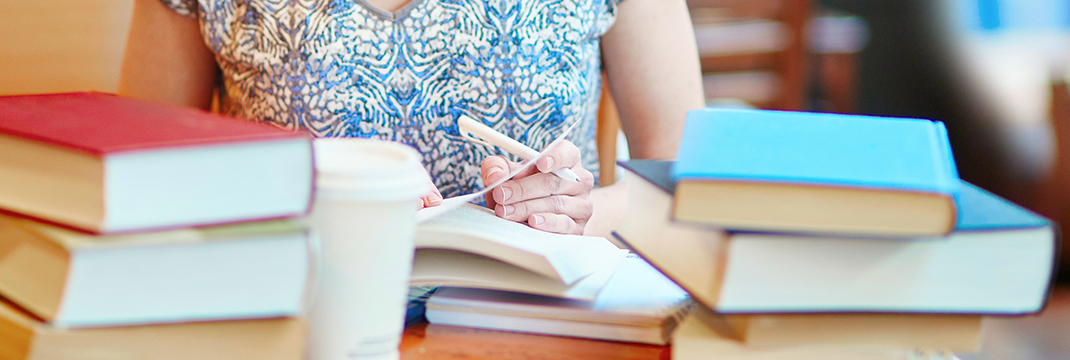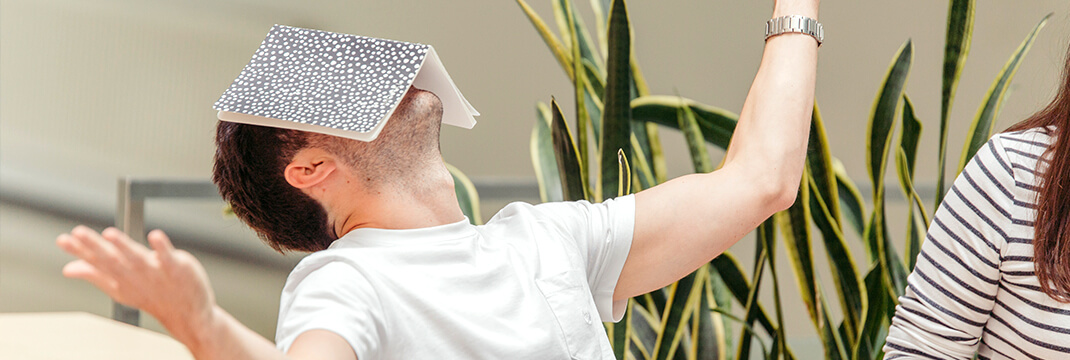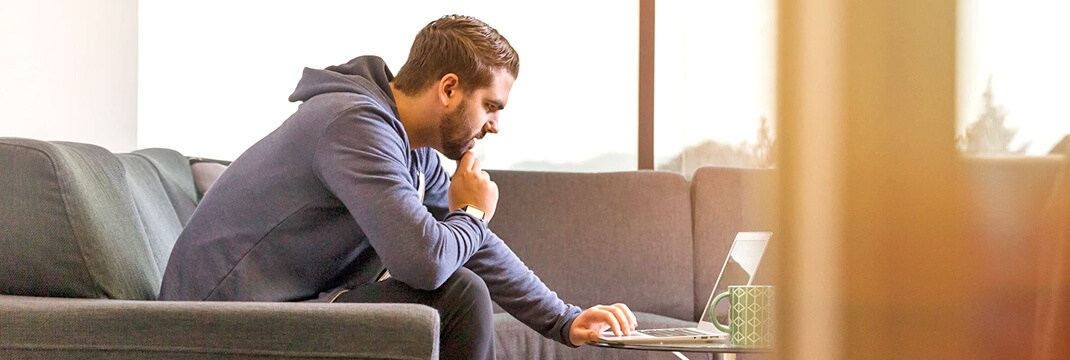
One key aspect of success in undertaking tests and examinations is the ability to learn, understand and apply what one has read throughout the term period. These principles are widely believed to be applied to all kinds of people, both young and old, undertaking any form of tests or exams (Flippo, 2008). Various conditions need to be fulfilled in order to thrive in learning from one’s teachers throughout the term period. These include paying attention, retaining what is observed and having the motivation and skills to learn from the best minds (Barry & Mendoaza, 2005). Many times students will openly declare that their teachers are the ones who have made significant achievements and contributions in their success in examinations. This discourse looks at how one can effectively prepare for and take a test.
The first and arguably most important step in preparing for a test or exam is to find a credible, successful and disciplined study partner and make them your role model. Individuals who have successfully taken tests and exams have attributed their success to study partners. It is quite agreeable that positive partners influence and motivate one to excel in their test (Flippo, 2008). Thus, would it be justified to say that negative or poor study partners also motivate? It would indeed. Limited or prolonged exposure to study partners with negative traits can also lead to the development of negative modes of behavior among those exposed (Barry & Mendoaza, 2005). One may be influenced to be undisciplined and lazy while preparing for their test. Choosing a positive and credible study partner is, therefore, very critical when preparing for a test.
The next step when getting ready to take a test includes proper and efficient covering of the coursework that is to be tested. This is where many students fail. Most students feel it too taxing to effectively complete and cover their coursework and therefore work on the assumption that their teachers will not test certain topics. Much to their surprise, it is these same topics which they assumed would not be tested that form the bulk of the exam or test. They, therefore, spend much time cursing themselves for making such a foolhardy choice by not completing their coursework (Barry & Mendoaza, 2005). One should comprehensively complete their study material and coursework in due time, approximately three weeks before the test or exam. Owing to this, they will have enough time to prepare psychologically and seek further clarification on topics or areas that they did not understand (Flippo, 2008). Consequently, it gives one great satisfaction to enter the exam room and find the exact content that they had studied. However, this can only be achieved if a student has completed their coursework and understood it comprehensively.
Once one is convinced they are fully prepared for the test, the next step is found in between finalizing preparations for the test and taking the actual test. This step is very crucial and involves relaxation. Relaxation can be considered to be part and parcel of preparation for the test and taking the actual test (Flippo, 2008). One week or three days before the exam or test day, it is important and even compulsory for a student to take time away from books and relax (Barry & Mendoaza, 2005). Studies on effective sciences and cognition have proved that relaxation before a major event helps the brain to cope with anxiety and stress levels (Nevid, 2009).
Like any professional athlete would claim, without confidence success is just a wish. Confidence is a critical factor to consider when taking the actual test. One should come into the exam room with confidence in knowing that they are fully prepared and can tackle any tasks they find on the test paper (Barry & Mendoaza, 2005). Most students may have prepared extensively prior to taking the actual test, but fail on the D-day due to lack of confidence. Even Socrates said that self-doubt is the pathway to failure (Rudebusch, 2009). Doubting oneself will only serve to diminish confidence and this will have a negative toll on the work one does on the paper. Even if a student has all the answers, he/she will question him/herself and give wrong responses to the questions asked. One should, therefore, ensure that they walk into the exam room with a lot of confidence and trust in all their preparations for the test (Barry & Mendoaza, 2005). If one is religious, then praying may help in increasing confidence as he/she sits for the paper. If a person is not religious, then they should believe that they have extensively done their preparation and are ready for whatever may come in the paper.
As one tackles the test, it is very important that they do it with great attention and accuracy. Most students fail not because they do not know what is being asked, but because they do not pay attention to the questions being asked and therefore answer them inaccurately. They make careless mistakes and this leads to their failure (Flippo, 2008). A good example is in an arithmetic question where the question is almost a paragraph long, but the last statement requests the student to give their answer in centimeters. Most students read through the questions very fast and may fail to see the last catch (Flippo, 2008). Exam setters and teachers normally twist the same questions covered during classes and ask them in the test with a catch. If a student is therefore not keen enough, they may not see this and will ultimately fail. It is, therefore, good practice to read each question twice or thrice before answering in order to ensure one answers it accurately and correctly.
In conclusion, preparing and taking a test both require mental, social and physical discipline. One must be ready to work hard and be smart to ensure they excel in the test with good grades. If one takes all these points into consideration, then they are very likely to succeed in whichever test they undertake. All these factors work synergistically and someone cannot decide to implement one and leave the other if they expect to succeed.



